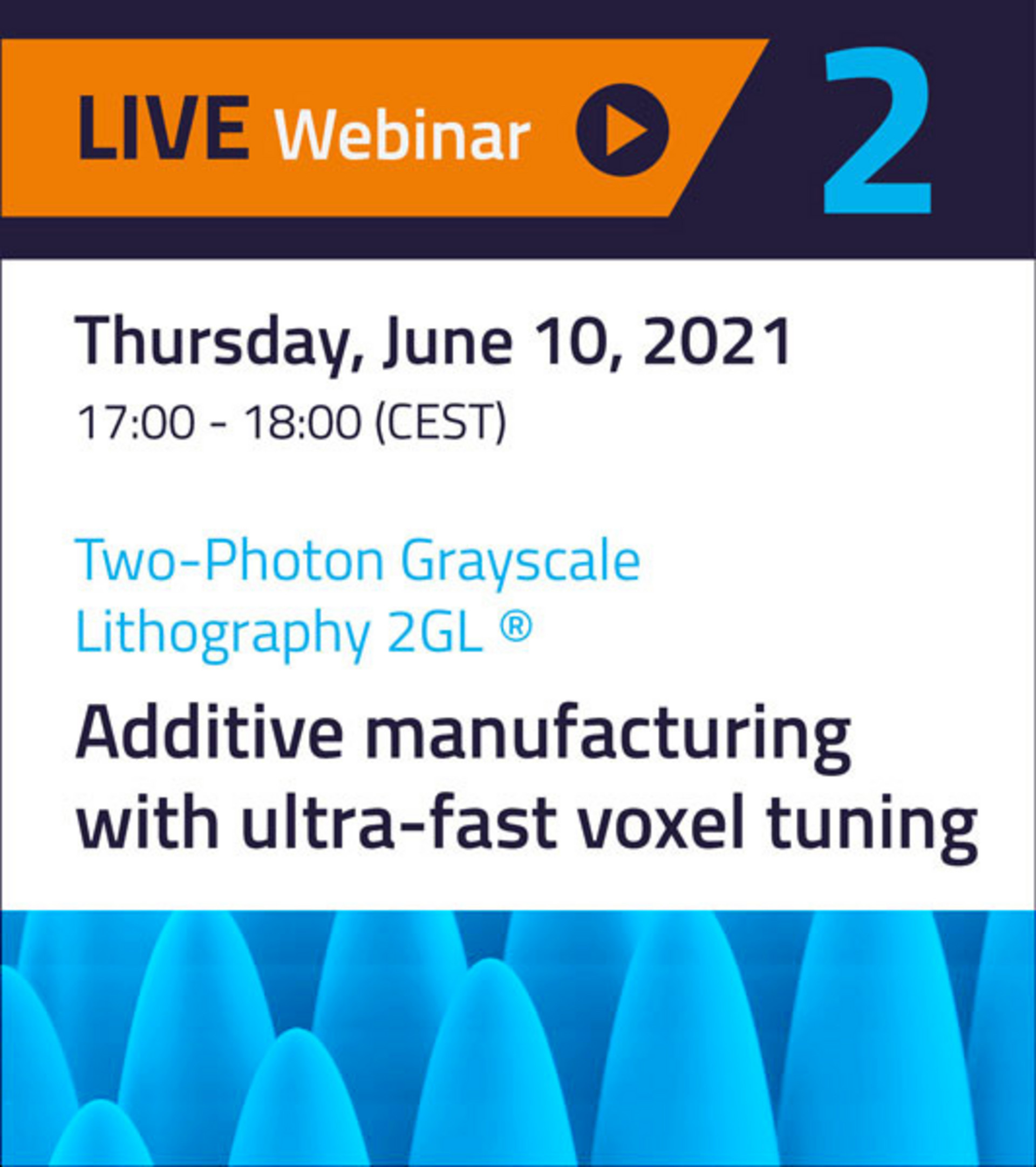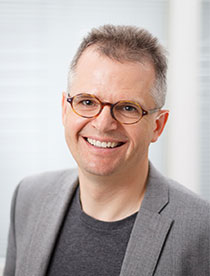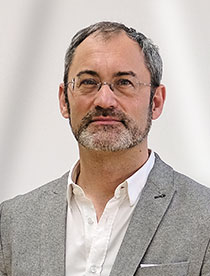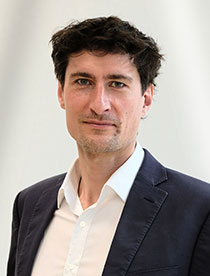Two-Photon Grayscale Lithography 2GL ®
Additive manufacturing
with ultra-fast voxel tuning

Our webinar series continues with a live webinar on Two-Photon Grayscale Lithography 2GL ® for additive manufacturing with ultra-fast voxel tuning of refractive and diffractive microoptics. Discover the breakthrough technology for prototyping and mastering of 2D and 2.5D topographies, such as microlens arrays (MLAs), spherical, aspherical, randomized and high aspect ratio structures as well as diffractive optical elements (DOEs) and hybrid microoptics.
Our technical expert Alexander Legant will introduce the capabilities of the microfabrication technology for super smooth and shape-accurate 2D and 2.5D topographies. Dr. Aaron Kobler, customer success expert at Nanoscribe, will offer you insights into the Quantum X workflow in a demo session. Finally, Professor Dr. Harald Giessen, Chair of Ultrafast Nanooptics in the Department of Physics at the University of Stuttgart, will show impressive applications in microoptics, all fabricated with Nanoscribe systems.
Agenda
- Basics and principles of 2GL
- Quality properties compared to other microfabrication technologies
- Software demonstration of the Nanoscribe Quantum X
- Cutting-edge microoptics applications
- Q&A session
Log in for our premium resources or create your own premium account first to sign in for the webinar.

Our experts in this webinar
Prof. Dr. Harald Giessen

Holding the Chair for Ultrafast Nanooptics in the Department of Physics at the University of Stuttgart, Harald Giessen is also Co-Chair of the Stuttgart Center of Photonics Engineering (SCoPE) and Fellow of the Optical Society of America. In 2018, 2019, and 2020, he was named „Highly Cited Researcher“ (top 1%) by the Institute of Scientific Information.
Alexander Legant

With his diploma in Physics from the Heidelberg University Alexander Legant joined Nanoscribe in September 2010. He worked there both as a service engineer and as a sales manager for Europe and North America. Currently, he is taking care of the EMEA region.
Dr. Aaron Kobler

He received his doctorate in the field of materials science at the Technical University (TU) of Darmstadt. Before Aaron Kobler started at Nanoscribe in 2017, he worked for ZEISS in the Helium Ion Microscopy Department located in Boston (USA).

